More than £430 million saved by cancelling overhead line electrification west of Cardiff should be used elsewhere on Wales’ transport network, according to the Welsh Affairs Committee.
Secretary of State for Transport Chris Grayling announced the cancellation of OLE from Cardiff Central to Swansea last July. It was one of three schemes to be axed (the Midland Main Line north of Kettering and the Windermere branch were the others), and was the only one where Prime Minister Theresa May was involved in the decision process.
Chairman of the committee, David T.C. Davies MP said it was calculated that the cancellation saved £433m, which had risen from the initial 2012 price of £156m. “This money can’t simply go back in the pot,” he added.
The Committee claimed that while Wales has 11% of the UK rail network, it has received only 1.5% of the total spend on rail enhancements in the past seven years. It also claimed that the knock-on effect of HS2’s economic boost in England would be a reduction in employment growth in Wales by 21,000.
The Committee wants a revised route study for Wales, and all options for improved rail connections in South Wales to be examined - including straightening parts of the Swansea-Cardiff route.
Introducing a Swansea Bay Metro is another option, with a new route via Baglan which the Committee says would cut journey times from 55 minutes to 30 minutes. If the proposal is deemed viable, it says a full business case should be developed.
On electrification, the Committee said: “Planning work and project management undertaken by Network Rail and the Department of Transport was superficial, and lacked detail in vital areas. Surveys did not provide an adequate picture of the work that would need to be undertaken.
“Network Rail had failed to anticipate which bridges along the route would need to be raised to accommodate the required electrical infrastructure. DfT did not develop a consolidated business case for the Great Western Modernisation Programme until a year after work had begun, and two years after new trains for the route had been procured.”
An NR spokesman told RAIL: “As we outlined in our evidence to the Welsh Affairs Committee, key lessons have been learned as a result of the planning and delivery of the electrification of the Great Western mainline. We are capturing the learning from this programme and this will help improve all aspects of how we deliver projects in the future."
A DfT spokesman told RAIL: “Thanks to this investment passengers travelling to South Wales on the Great Western Main Line are already benefiting from modern faster trains with more space and better facilities like WiFi. We will respond to the report in due course.”

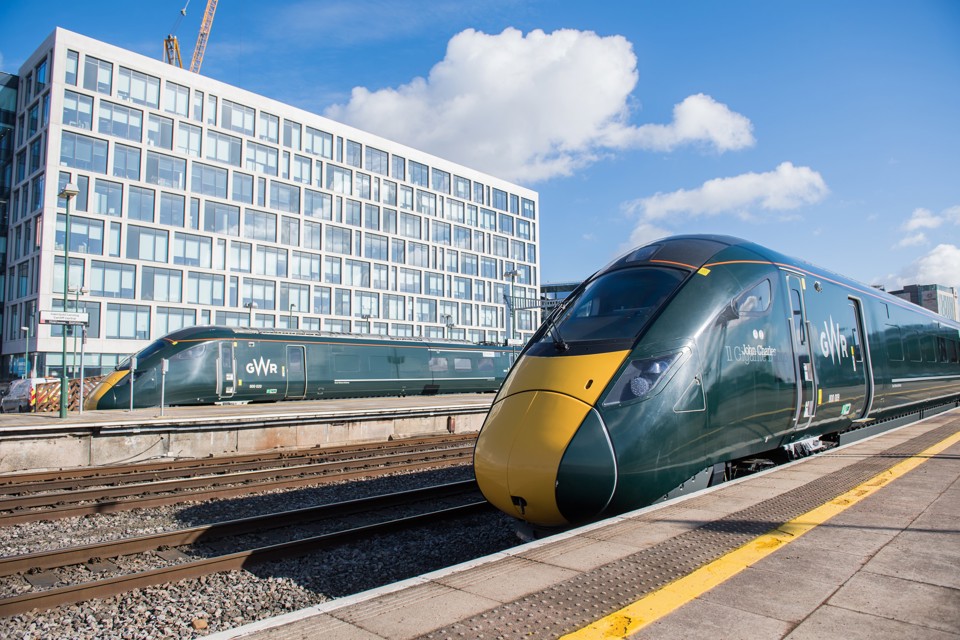
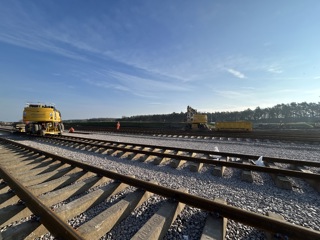
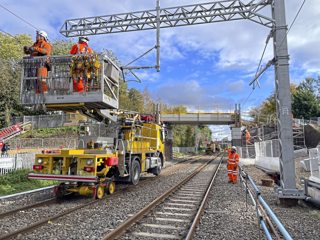
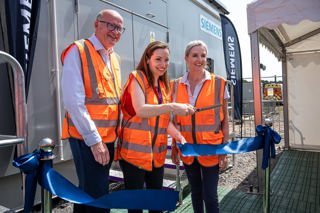

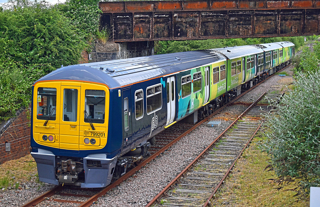











AndrewJG8918 - 24/05/2018 23:22
With electrification to Cardiff, Swansea and the parts of the Welsh Valley lines that is likely to happen. The electric multiple unit trains such as Class 350’s, Class 360’s, Class 379’s, Class 319’s/Class 321’s and other EMU trains aswell the Class 800’s and Class 802’s could soon operate on those lines when the electrification has been completed. Including the GW electrification to Cardiff Central and Swansea that will see Class 800’s and various EMU trains to operate. I think South Wales can benefit more trains once the electrification is completed that will take at least 3-4 years to be completed including electrifying parts of the Welsh Valley and Cardiff suburban lines so that electric trains can operate. And to use diesel trains on other lines in Wales aswell Bi-Mode and Hydrogen trains that could soon operate in Wales in the future.